With the end of 2016 just a little over two weeks away, HOTEL MANAGEMENT reached out to hotel companies, operators and vendors to hear them reminisce about the past year and find out what they have planned for 2017. The first of this series will focus on answers supplied from industry vendors, and will address challenges, mistakes and opportunities to come, and how respondents plan to take action next year.
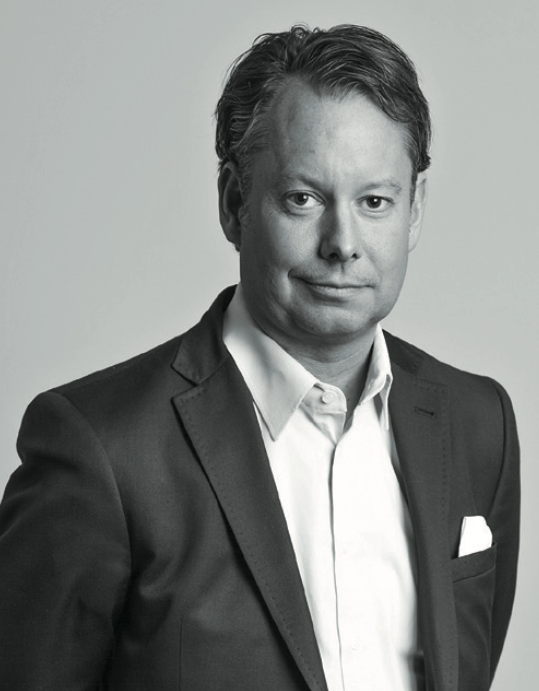
Marcus Boberg, VP of business development at Assa Abloy Hospitality
HOTEL MANAGEMENT: What is one technology at home in the residential market that should be brought to hotels?
Marcus Boberg: Connecting personal smart devices with entertainment systems is a trend on the residential market that is really growing and, with the right elements added to fit the hotel industry, would be great in hotels as studies have shown that travelers want hotels to offer the same comforts of home. Mobile-access technologies and capabilities are already augmenting guest experiences at hotels—allowing guests to use their own devices for entertainment will increase this experience.
HM: What was the largest technology challenge you were forced to overcome in 2016?
MB: It is clear that mobile solutions and keyless access for hotels is steadily on its way to reaching a critical mass of installations and may not continue to need the boost from providers that it used to. The challenge we have faced now and in the past year is in getting the end user (the hotel guests) to fully embrace the technology that is becoming available to them.

Alistair Chatwin, director, commercial product management at DISH Network
HM: What are your technology priorities in 2017?
Alistair Chatwin: With SMARTBOX, DISH and our integration partners have deployed a video delivery platform that provides superior flexibility, density, functionality and efficiency for property owners and brands. For us, 2017 is about helping new and existing properties leverage that platform to provide improved management and integration as well as a more dynamic and personalized guest experience. Our driving focus is to make it easy for brands and properties to exceed their guests’ entertainment expectations.
HM: What are some of the biggest mistakes hotels make when integrating with technology?
AC: Hotels may miss the opportunity to create a personalized entertainment experience to wow their guests by choosing a provider with limited flexibility in their solution. Hotels should choose a partner that empowers their guests to easily access their favorite content on hotel televisions.
Crystal Simpson, national accounts manager at HOTELSIGNS.com
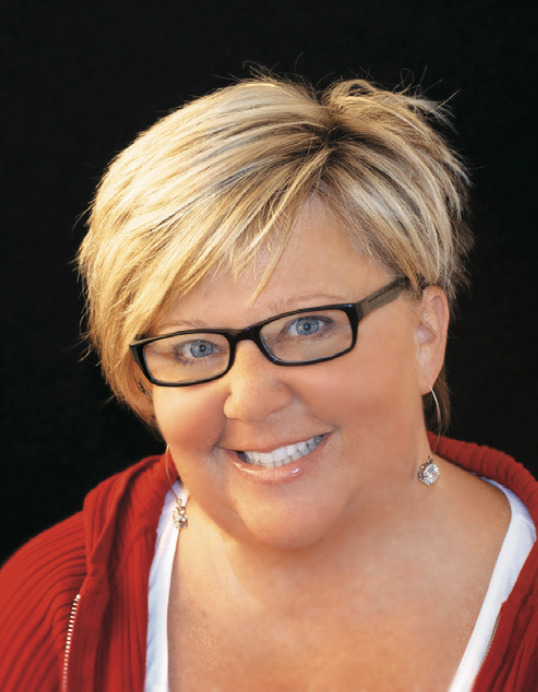
HM: In discussions with buyers, what has been a recurring theme as it relates to your business?
Crystal Simpson: Lead time is always an important topic with customers. We work hard to provide our customers with the shortest lead times. In many cases, we ship early, exceeding our customer’s expectations. In addition, many new clients ask about customer service. We’re always available to answer any questions and help along the way. Finally, ordering online is another feature that customers love. We make it easy for them to order online, 24/7.
HM: With costs and supply chain issues perpetually mounting, what tactics will you take in 2017 to operate more efficiently?
CS: We are constantly looking at ways to lower our manufacturing costs and improve our efficiency. We work closely with our suppliers, exploring new materials to bring the best product to our customers. In addition, we research new technologies to find various ways to produce orders and streamline processes. We are confident all of these tactics will make a big impact in 2017.
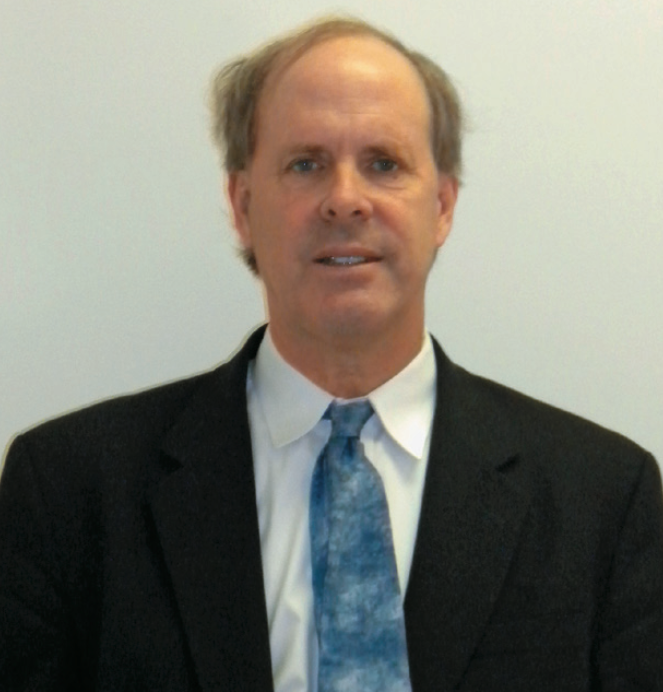
Ken Persson, VP of marketing and sales at Maywood Furniture
HM: What is your biggest opportunity for success in 2017?
Ken Persson: Maywood has always been successful selling to the large hotels. They typically like our Original Series, considered the strongest table in the world. However, most hotels being built today are the extended-stay or the boutique hotels that want their tables to be linenless. Two major initiatives that will help Maywood in 2017 is that Maywood has developed a beautiful line of conference/linenless tables. We now offer a 10-year warranty on our Original Series.
HM: With costs and supply chain issues perpetually mounting, what tactics will you take in 2017 to operate more efficiently?
KP: We have taken many measures to be more productive in our factory—results have been amazing. Our office staff has also been more efficient with less people. Whether our key suppliers or key customers, we view these relationships as partnerships—and the results have been astonishing. Also, with key mergers and acquisitions in the industry, these partnerships are critical to our success. Maywood has taken the critical steps and looks forward to a very prosperous 2017.
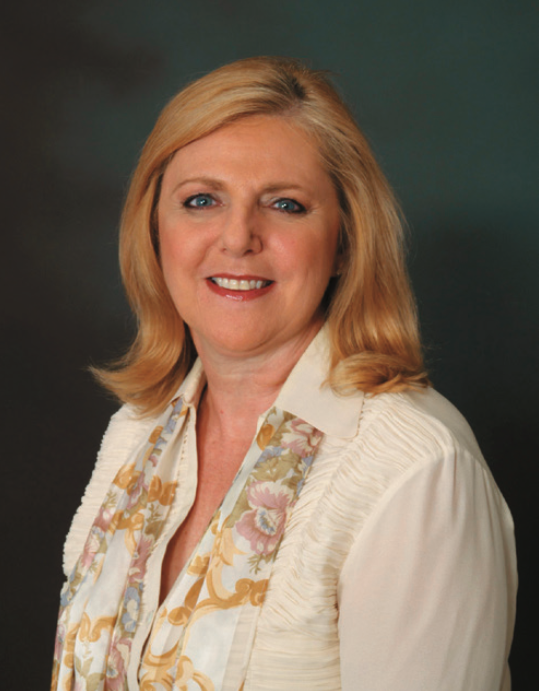
Sandra DiVito, VP of hospitality and healthcare at Protect-A-Bed
HM: What was the biggest challenge to your business in 2016 and how did you overcome it?
Sandra DiVito: Education that differentiates quality mattress-protection products is always a challenge. Not all encasements are created equal. Hoteliers see Protect-A-Bed’s quality manufacturing once they test one of our products on their beds. The demand for our products is increasing. Health and wellness, safety and hygiene are more important than ever before. Guests are demanding it and hoteliers are realizing increased revenue by providing products that satisfy this need.
HM: Have brands become more or less prescriptive with PIPs and what has the impact been?
SD: When a hotelier incorporates mattress or pillow encasements at the time they purchase new mattresses, they realize great value. The hotelier can capitalize the expense and amortize the cost of the products into the cost of the bed. And the guest will never experience a soiled mattress or pillow. The guest will effectively be sleeping on a new mattress every night.
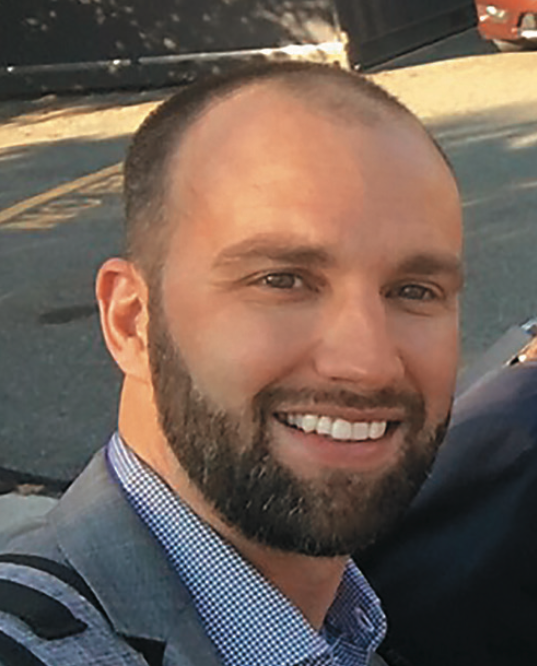
Jason Neill, strategic sales operations at Southern Aluminum
HM: In discussions with buyers, what has been a recurring theme as it relates to your business?
Jason Neill: As individual properties are becoming more unique and distinguishable through new design, there is an increased need for us to collaborate on the particular requests of each customer and provide the best solution. It’s a rare occasion anymore that we see a generic request from a hospitality partner. They are trusting us to lead them in the right direction, whether it relates to product format or finish options.
HM: Have brands become more or less prescriptive with PIPs and what has the impact been?
JN: Outside of boutique and lifestyle brands, yes. However, we’re seeing traditional select-service and full-service properties become more oriented to their respective locations and cultures. All aspects of the hotel are becoming more detailed and personalized, which bodes well for us in two ways: 1) linenless products are a staple and 2) the customizable traits of our products accommodate the most specific request from any customer.
